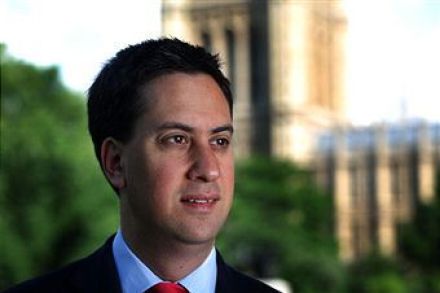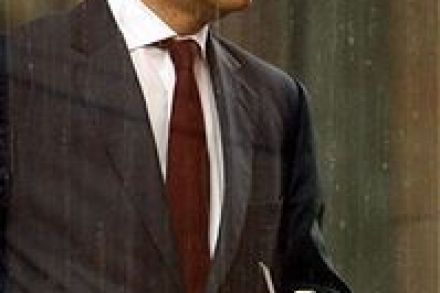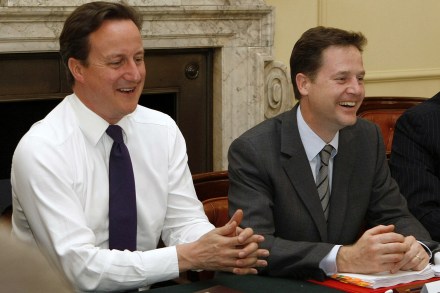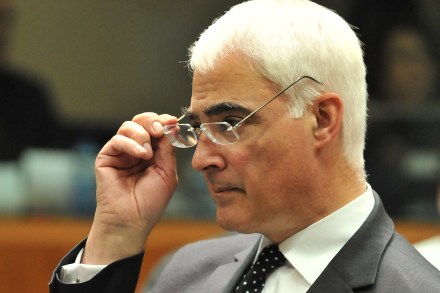Ed Miliband makes a very obvious pass at Vince
Not exactly on the ball are they? It took nearly six hours for a Labour leadership contender to try to resuscitate Vince Cable’s graduate tax, which lapsed into seizure following reports that Lord Browne will recommend a tuition fee hike instead. Ed Miliband, in Mephistophelean mood, has appealed to Vince Cable, offering to replace tuition fees with a graduate tax. ‘You’re welcome to each other,’ will be the retort of most Tories. But Miliband’s pass is significant. The coalition agreement promised to wait for the Browne Review. But the agreement is no longer sacrosanct. With both eyes on his wavering fans, Cable has reintroduced tuition fees, the Lib Dem’s discarded




















